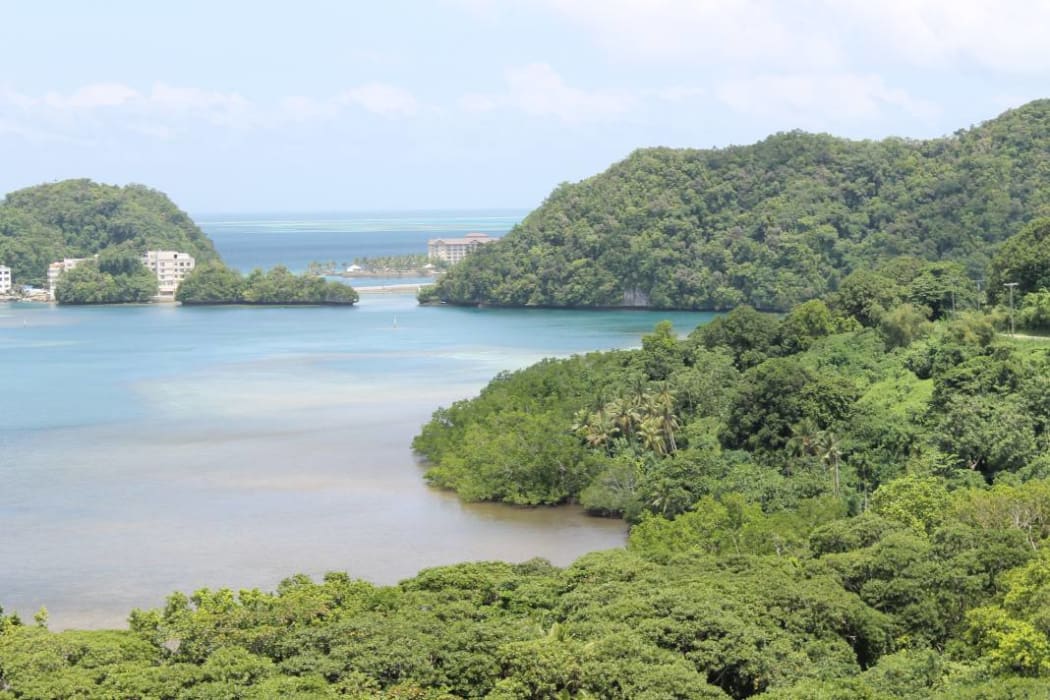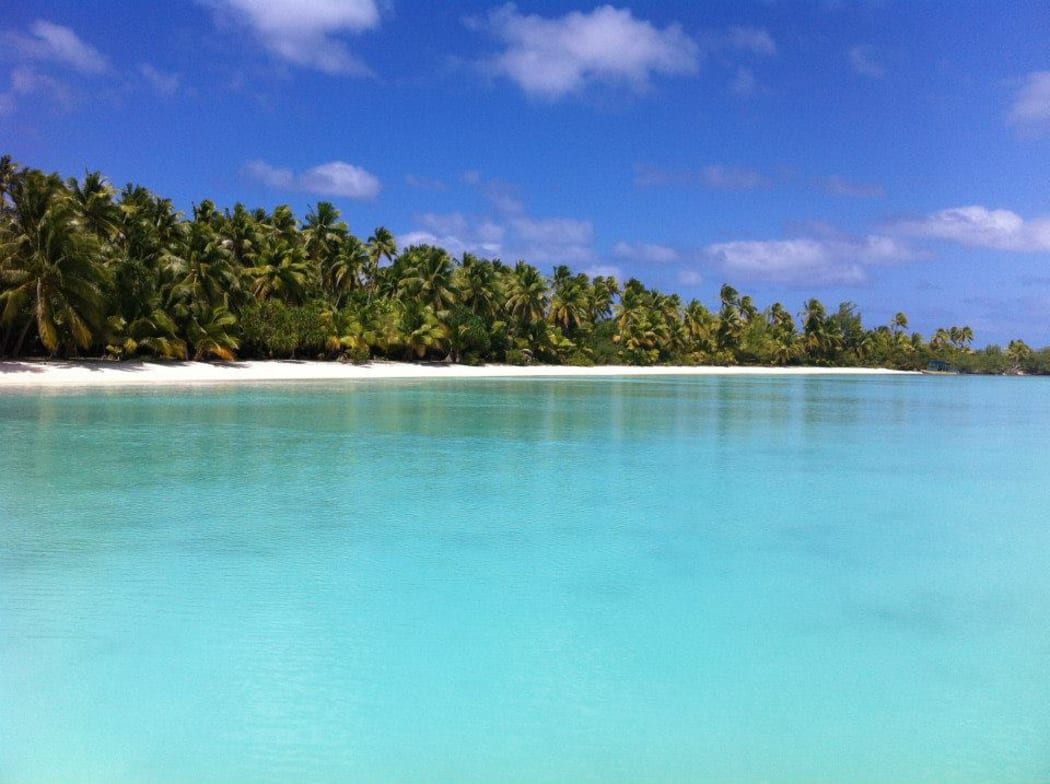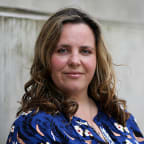Palau might just be the most beautiful place you’ve never heard of. The small Pacific country has a population of just over 20,000 and sits in western Micronesia above Australia and Papua New Guinea. Due to distance and the lack of direct flights, it’s not a popular holiday spot for New Zealanders.

Photo: Amelia Langford
Its tourism industry relies instead on visitors from Asia, mostly Japan, China, Korea and Taiwan. But Palau has recently been in the spotlight after hosting this year's Pacific Islands Forum Leaders’ Summit. The summit is basically a chance for Pacific leaders to network while wearing matching shirts – kind of like a smaller, regional version of the UN or APEC.
Forum leaders also put some serious time into talking about how to protect the region against exploitation and environmental threats. As you might imagine, climate change is often high on the agenda.
#Tonga's PM joins Pacific Island Leaders in #Palau this week for annual Leaders Forum @ForumSEC pic.twitter.com/kSIF3D2Z4h
— Elsie Fukofuka (@ElsieFukofuka) July 30, 2014
Writing in The Atlantic, Charles Mann argues that science can’t predict when the effects of climate change might start to hit – but it could be hundreds of years. “How much consideration do I owe the people it will affect, my 40-times-great-grandchildren, who, many climate researchers believe, will still be confronted by rising temperatures and seas? Americans don’t even save for their own retirement! How can we worry about such distant, hypothetical beings?”
But climate change is already starting to bite in the Pacific region, and its leaders argue that action needs to be taken now.
At this year’s summit, Palau as host picked the theme of ‘oceans’. Palau president Tommy Remengesau seems to be a pretty humble guy, and likes to fish in his spare time. “I am a fisherman. Many of you are like me, we claim to be fishermen. But it really doesn’t take a fisherman to tell us that fish stocks are dwindling significantly and fish sizes are smaller,” he told the crowd at the opening of the summit.
For the leader of such a small country, Remengesau is making some big diplomatic waves. Palau is the first country in the world to declare its waters a shark sanctuary. And now it has set its sights on creating a much larger and more ambitious marine sanctuary, which completely bans industrial fishing.
Each year, the forum’s leaders summit also includes a meeting of the smaller island states, which includes Tuvalu, Kiribati, Cook Islands, Nauru and Niue – most of which are threatened by climate change. Kiribati president Anote Tong has a vision and is aware of the urgent threat his people face. Sea level rise is already affecting the water and food supply in his country.
In 2012, the New Zealand-based Hillary Institute of International Leadership, which recognises outstanding leaders from around the world, named President Tong as its climate equity laureate. As a leader, he has made it his role to convey the urgency of climate change to the rest of the world. Tong says it is already too late to save many small island states from rising seas.

low-lying islands like Tapuaetai (One Foot Island) in the Cook Islands are at risk from sea level rise. Photo: Megan Whelan
“We must keep doing what we must do – the right thing – looking after the planet, the oceans, our future generations... I’ve got dozens of grandchildren and I do want to see them well-provided for in the future.”
The Kiribati Government has also purchased some land in Fiji. For now it is simply an investment. But within a generation it could be a last resort for the people of Kiribati, when their atoll state eventually succumbs to the impact of climate change.
Like Kiribati, Tuvalu is on the frontline of climate change. Its Prime Minister Enele Sopoaga agrees small island states need to work together if their efforts are to be effective. “The main idea is to continue to be on the same canoe and use leverage to voice our concerns, unique concerns, to the wider forum membership and of course to the wider international community,” he says. He has a healthy disregard for buzzwords too.
Let us work with the young people, develop partnerships with our youth, and allows their ideas, their concepts, to be considered properly and develop partnerships with them. Make them feel they own the process – it's their future anyway.
“There is no point of talking about plans, strategies, and frameworks and whatever you have... if we do not address the issue of climate change. It will be a total failure.” He says countries need to move beyond conventional partnerships such as government to government and private sector negotiations.
Sopoaga says leaders must go beyond that and work outside the box. “Let us work with the young people, develop partnerships with our youth, and allows their ideas, their concepts, to be considered properly and develop partnerships with them. Make them feel they own the process – it’s their future anyway. I strongly support that.”
Mr Sopoaga says the challenge is balancing conservation while also providing for sustainable development. He’s glad to be part of something like the Pacific Islands Forum. “Certainly for Tuvalu, I want to be in that organisation, I feel safer than floating outside on your own – it is rather unpleasant and lonely out there,” he says, with a laugh.
Back in Palau, the country has decided that tourism is far more sustainable than fishing, but that industry relies on a healthy and attractive ocean. And the president knows the value of tourism – and uses a record number of metaphors to say so: “The shoe that fits Palau would be to promote the tourism industry, which is our bread and butter. It is the mother goose that lays the golden egg for us.”
For many of the Pacific’s smaller states, much of the control is out of their hands. But there is strength in numbers. If these leaders are to make an impact against the very real threats their countries face, such as stopping superpowers from overfishing their waters, or reducing carbon emissions, then surely it must be a shared burden.


